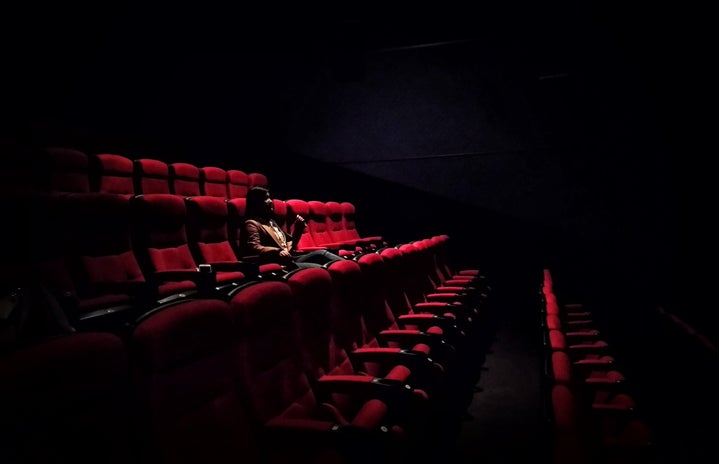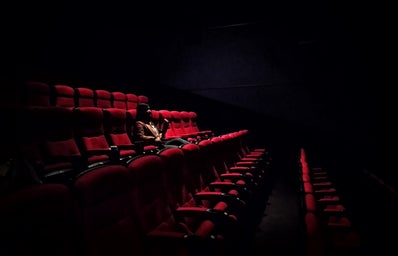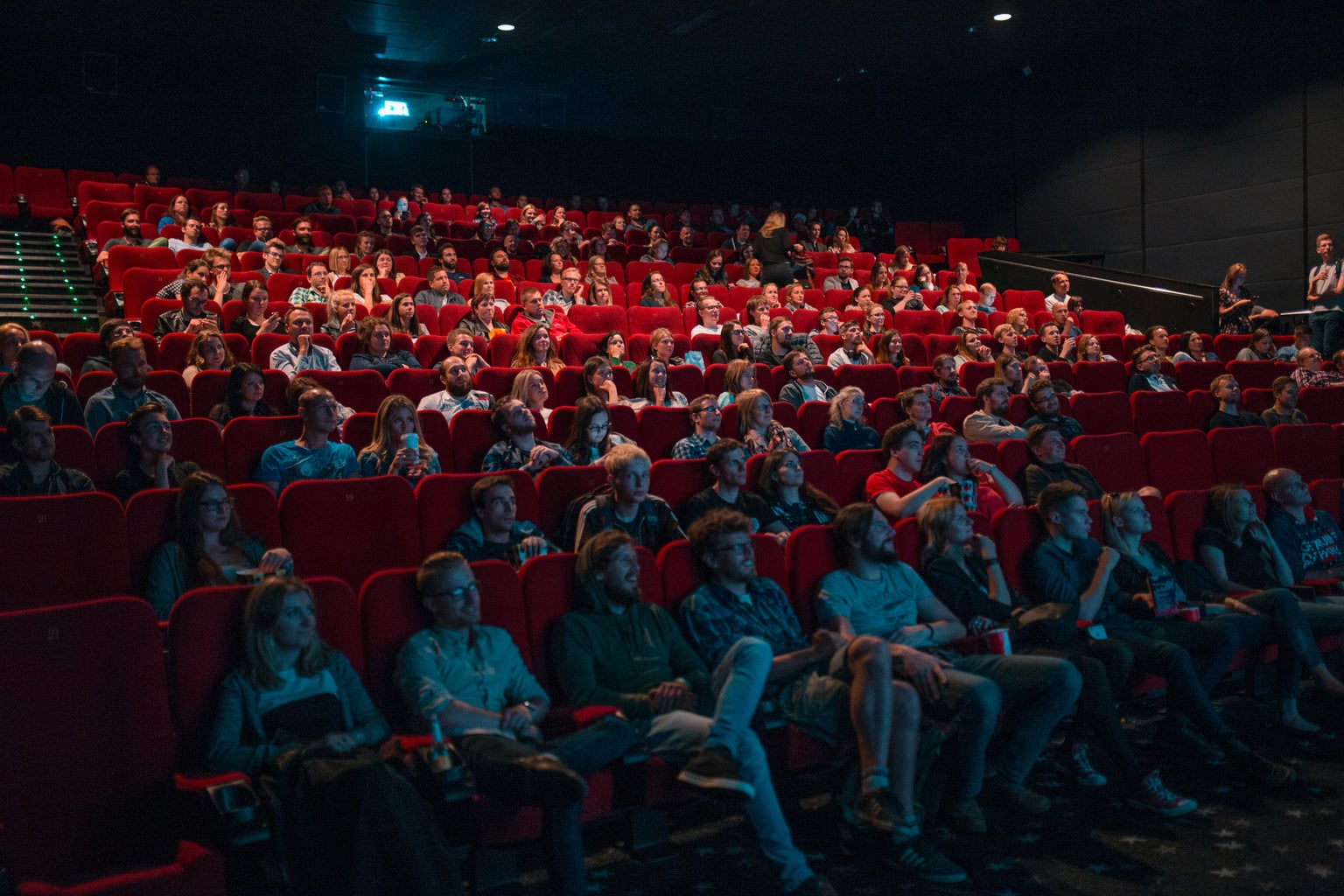On a whim, I decided to watch Dan Kwan and Daniel Scheinert’s new movie “Everything Everywhere All At Once.” I went into the movie not knowing what to expect, as I hadn’t read any reviews or summaries. My friend and I bought our tickets ten minutes before the 10 p.m. show and ended up enjoying a truly profound and creative movie that borrowed from nearly every type of genre. For the entire duration of the film, we were kept on the edges of our seats.
The film centers around Chinese-American immigrant Evelyn Wang and her struggles with both her failing laundromat business and her relationships, in particular with her daughter Joy. Evelyn has a difficult time supporting Joy’s sexuality not because she is against same-sex relationships, but because she fears her old-fashioned father will reject Joy. However, just when the movie starts to feel familiar and almost predictable, it introduces this idea of the multiverse, where parallel universes present unlimited versions of oneself. Evelyn’s loving but seemingly childish husband, Waymond, is revealed to be in control of which universe he’s in through a method of “verse jumping.”
From there, the movie really takes off, exploring different themes and ideas ranging from generational trauma to the overwhelming nature of life. As a college student, at first, I thought I wouldn’t be able to relate much to Evelyn. However, I soon saw various similarities between us, from the ways we accepted our shortcomings to the manner in which we responded to our setbacks, and ultimately, in the people we relied on most for support and guidance.
In Lauren Zornosa’s The New York Times article, “How ‘Everything Everywhere All at Once’ Helps to Heal Generational Trauma,” she discusses how this film has something for everyone through a “universality in the specificities.” Most audience members can relate to feelings of inadequacy, regret, and strained relationships between family members. I felt less alone in my feelings of nihilism and the idea that nothing matters. With mounting responsibilities that feel overwhelming and oftentimes impossible, sometimes I feel like I’m losing agency and control over my life. As things get too complicated and out of my ability to fix, it feels like I have too much to do and not enough power to do it.
When one comes face-to-face with the most challenging aspects of their life, developing a sense of detachment becomes a coping mechanism. When you feel detached and not a part of anything, the enormity of your feelings lessen and they start to impact you less. As Joy says in the film, “You can just sit here, and everything feels really…far away.” However, the movie does an excellent job of demonstrating the dangers of giving in to these feelings of helplessness and passivity.
Waymond, throughout the movie, is a figure of kindness, and patience. He’s the significant other who knows you and still loves you for all your flaws and shortcomings. He empathizes with your feelings but then offers a solution to fight back. Instead of causing more destruction, Waymond celebrates using kindness as a means to overcome our challenges.
In Zornosa’s article, she highlights the importance of this message in the modern generation. She quotes actress Stephanie Hsu, who plays Joy in the film. Hsu maintains that “Our generation and the younger generation is now exploring different types of strength and what it means to be strong when you’re compassionate.” Compassion, and empathy, are incredible tools that allow us to understand others and ourselves.
After the movie, I watched a Tiktok by Zachariah Porter (@zzzachariah), where he gushed about the film and how empowered he felt walking out of the theater. Porter admits that the idea that every decision you make could result in a completely different outcome in your life is both stressful and consuming, but also in a strange way freeing.
Good movies empower you and excite you; they make you think creatively and can have a profound impact on the way you view the world and yourself. If you haven’t seen “Everything Everywhere All At Once,” I highly recommend that you watch it when you get the chance!



